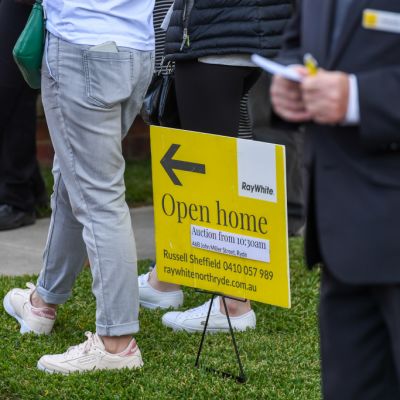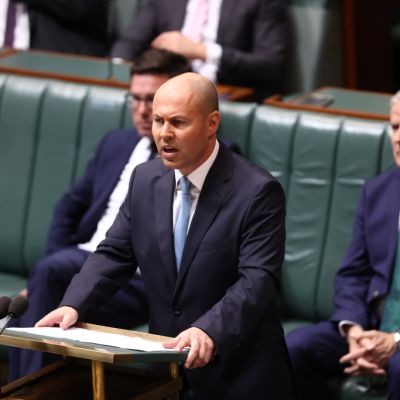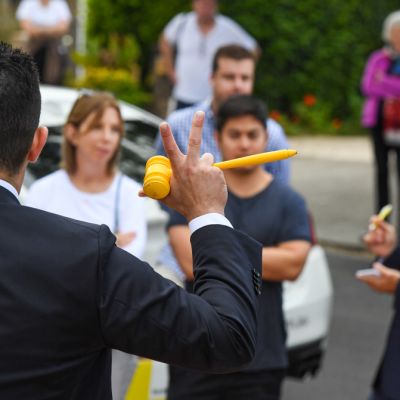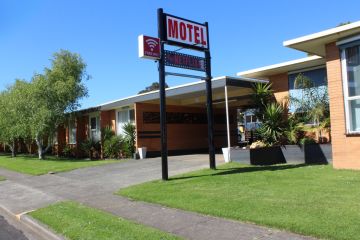Federal budget 2021: Fears many single parents won't qualify for home loans in Family Home Guarantee
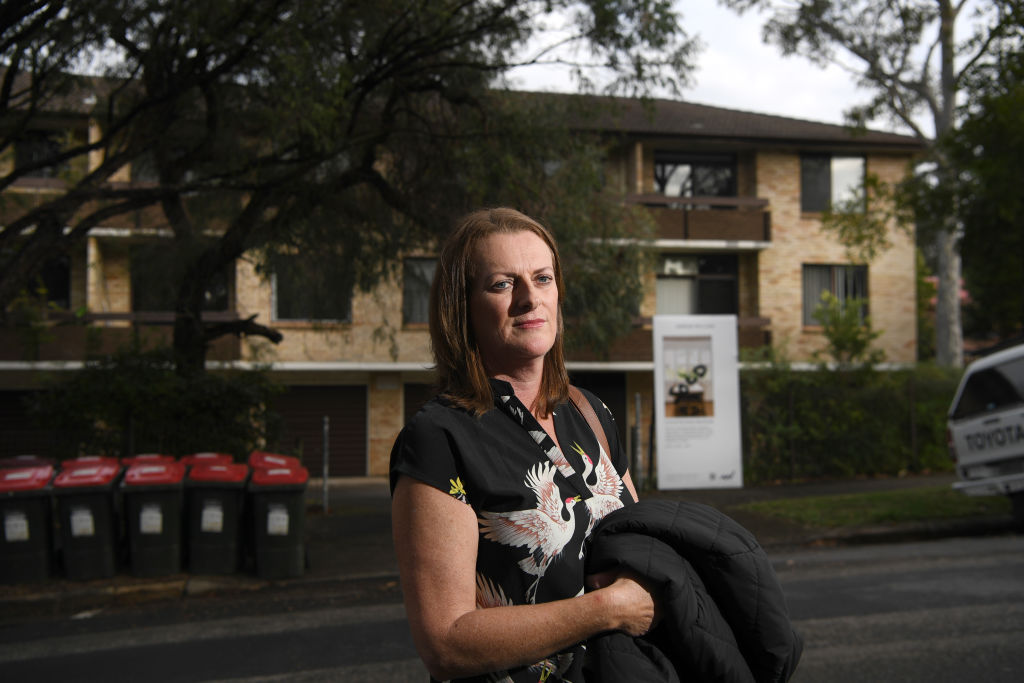
Single parents fear they could struggle to be approved for a loan under a new government scheme enabling them to purchase property with a small deposit, and say finding a suitable home could be a challenge.
The new Family Home Guarantee, announced in the federal budget, will allow 10,000 single parents to build or buy a home with a deposit as low as 2 per cent — with the government acting as a guarantor to waive the need for lender’s mortgage insurance.
Parents earning up to $125,000 with dependent children will be able to qualify for the scheme, which will be rolled out over four years from July 1. It will be open to first-home buyers and those who have previously owned property, subject to their ability to service a loan.
It’s the loan-servicing requirement and how the banks assess a parent’s ability to meet repayments that have single parents and advocates concerned about the program — which experts have already flagged won’t help lower-income families most in need of housing support.
Removing the deposit hurdle will help some single parents, but not many, said Jenny Davidson, chief executive of the Council of Single Mothers and their Children.
“It doesn’t help those in poverty, or reliant on benefits, or even those employed casually who are never going to get finance,” she said.
“And, women who are done bringing up their children and are finally able to put some money away for a deposit are excluded.”
Those who could afford to buy with the guarantee could also have trouble getting loan approval, Ms Davidson said, as banks were unlikely to lend to those reliant on casual and part-time employment or support payments.
“There are families for which this will help, provided they are approved to get the mortgage in the first place,” she said. “That’s the unknown.”
The guarantee will have the same property price caps as the existing First Home Loan Deposit Scheme, meaning a single parent in Sydney could borrow up to $686,000 for a $700,000 home. At the average standard variable rate of 3.02 per cent, they’d be repaying about $750 a week over a 25-year-loan.
It’s “not even a Band-Aid solution” for the housing crisis facing single parents, said Sydneysider Kate Corcoran, who believes few would be able to meet loan serviceability buffers imposed by the banks.
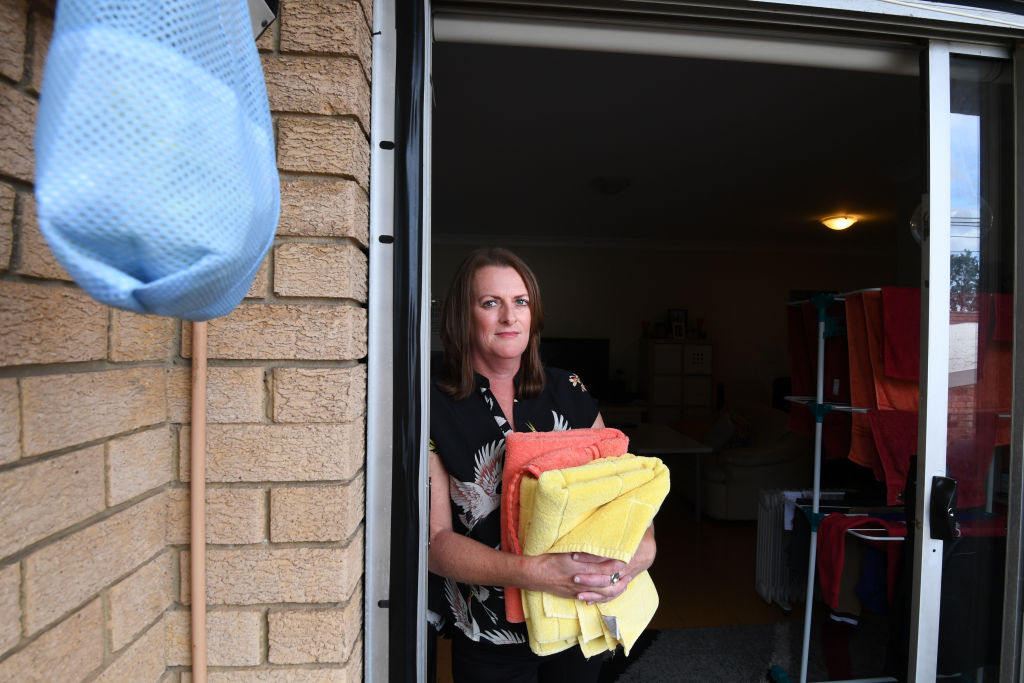
Ms Corcoran, 49, would be ineligible for the guarantee as she has already saved a 40 per cent deposit. But as a part-time worker, she is struggling to get pre-approval for a home for herself and her 10-year-old son despite having a six-figure sum saved, a stable four-day-a-week job and paying more in rent than she would on repayments.
She felt no single parent she knew would be approved to purchase a $700,000 property with a small deposit.
“It looks awesome, that you only need 2 per cent, but it doesn’t matter if [banks say] you can’t service the loan,” she said. “You would have to borrow $686,000. I can’t even borrow $400,000. No bank is going to lend them that.”
Even finding a suitable home for less than $700,000 in Sydney could be a challenge, particularly for those with several children, Ms Corcoran said. And, leaving a city or neighbourhood wasn’t always an option for those reliant on support networks, adding some may also have to live within a set distance of their child’s other parent.
She’s conscious that she needs to buy soon, with mortgage brokers flagging it will become harder to get a loan once she turns 50.
While there is a need for sensible assessment of a single parent’s ability to meet repayments, there needs to be more flexibility in the bank’s decision-making process, said Terese Edwards, chief executive of the National Council of Single Mothers and their Children, a separate organisation.
“If there has been a long pattern of being an amazing private rental tenant and mortgage payments are commensurate to that, it would be tremendous if there was a willingness to support more [single parent] customers,” Ms Edwards said.
The guarantee could have a profound, and life-changing impact for those who qualified, Ms Edwards said, but would only assist a small number of single parents — likely those already paying high rent, who could manage mortgage repayments, but couldn’t get over the deposit hurdle.
It was good the scheme was not limited to first-home buyers, she added, as it gave single parents who had previously owned property with a partner a chance to start over.
But Ms Edwards said an increase to income-support payments and the supply of social and affordable housing, would have done more to support single parents, who were facing competitive rental and sale markets in both the capital cities and regional areas.
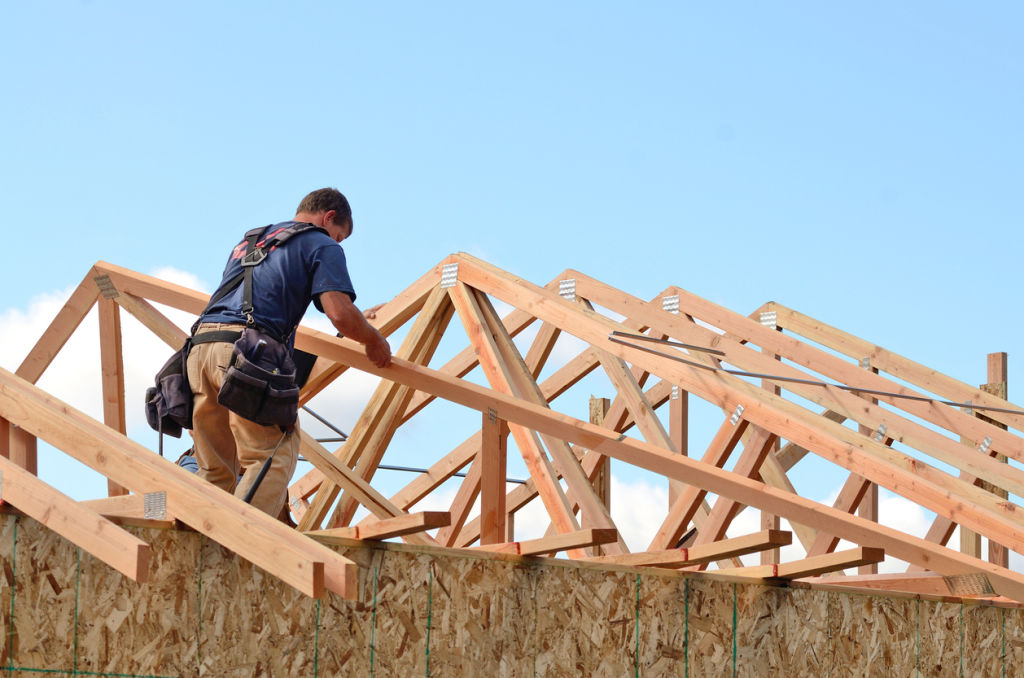
Ms Corcoran agreed: “I just worry that our government looks at property as an investment rather than a basic psychological need. There needs to be more housing for lower income workers and we need to improve rental housing [to make it more secure].
“This is supposed to be the lucky country, and it’s just not for so many.”
It was a sentiment echoed by the Australian Council of Social Service (ACOSS). While the measure was good news for the limited number of middle-income single parents who could use it, it would be of no help to the one in three single parents living in poverty, the group said.
“The Family Home Guarantee low home loan deposit avenue will do nothing to help women on the lowest incomes secure affordable housing, including 450,000 older women at risk of homelessness,” chief executive Cassandra Goldie said.
“To help women on low incomes, we needed to see social security payments brought above the poverty line; employment services that deal with gender and age discrimination; and investment in affordable housing.”
Treasurer Josh Frydenberg said in his budget speech the measure would support 10,000 single parents. “Under the Coalition, home ownership will always be supported,” he said.
We recommend
We thought you might like
States
Capital Cities
Capital Cities - Rentals
Popular Areas
Allhomes
More
